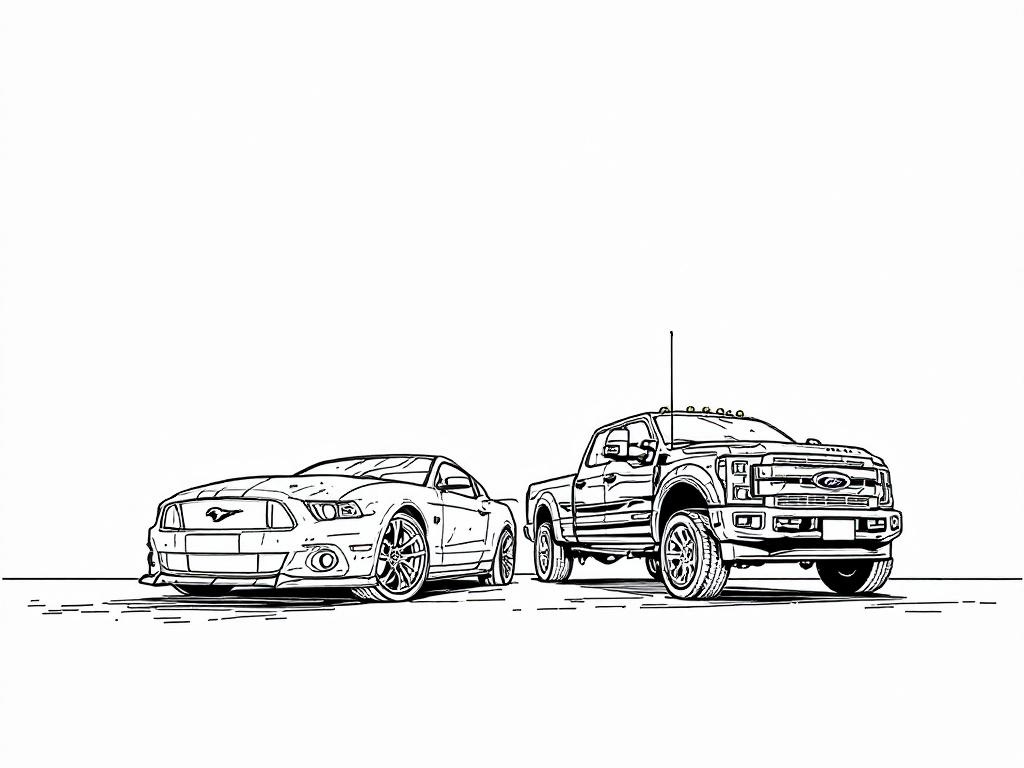Ford Recalls 625,000 Vehicles Over Camera and Seatbelt Issues

Dearborn, Saturday, 18 October 2025.
Ford has initiated a recall of nearly 625,000 vehicles in the U.S. due to rearview camera and seatbelt defects, impacting the Mustang and Super Duty truck models, raising safety concerns.
Details of the Recall
Ford Motor Company (F.N) has announced the recall of approximately 625,000 vehicles in the United States due to defects in the rearview camera display and seatbelt functionalities. This recall affects two primary models: the Ford Mustang, with 332,778 units from model years 2015-2017 recalled due to seatbelt issues, and the Ford F-250, F-350, and F-450 Super Duty trucks, with 291,901 units from model years 2020-2022 recalled due to rearview camera issues [1][2][3].
Safety Concerns and Consumer Impact
The National Highway Traffic Safety Administration (NHTSA) has highlighted that the rearview camera defects can impair visibility in certain lighting conditions, potentially increasing the risk of accidents [4][5]. Similarly, the seatbelt issues stem from corroded cables that could fail in the event of a crash, posing significant safety risks [3][6]. These recalls are part of Ford’s broader strategy to address safety concerns proactively, as the company has doubled its safety and technical teams over the past two years [1][3].
Remedy and Notification Plans
Ford’s dealers are set to update the image processing module software to rectify the rearview camera defect at no cost to the owners. For vehicles with seatbelt issues, the dealers will inspect and replace the front seat belt anchor pretensioner assemblies and remove sections of the carpet and underlayment that contact the cables [2][7]. Notification letters are scheduled to be mailed to vehicle owners starting October 20, 2025, with final remedies expected to be available by March 2026 for the camera issue and January 2026 for the seatbelt issue [4][5][6].
Implications for Ford and the Automotive Industry
This recall comes at a challenging time for the automotive industry, which is already dealing with supply chain disruptions. Ford’s proactive recall strategy reflects its commitment to customer safety, though it may influence the company’s reputation and sales figures in the short term. The industry will be closely monitoring how Ford navigates this recall process and addresses the underlying issues to maintain consumer trust [3][6].
Sources
- www.foxbusiness.com
- www.reuters.com
- www.usatoday.com
- www.cbsnews.com
- abcnews.go.com
- www.lincoln.com
- www.cars.com